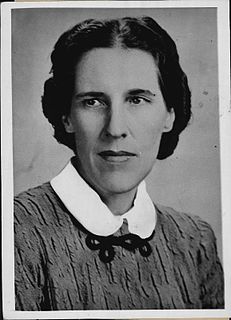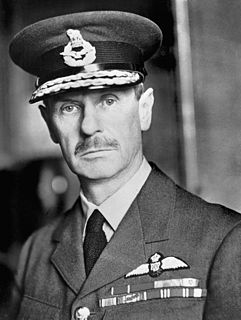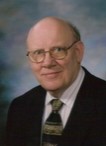A Quote by Leo Strauss
Our understanding of the thought of the past is liable to be the more adequate, the less the historian is convinced of the superiority of his own point of view, or the more he is prepared to admit the possibility that he may have to learn something, not merely about the thinkers of the past, but from them.
Related Quotes
But the past does not exist independently from the present. Indeed, the past is only past because there is a present, just as I can point to something over there only because I am here. But nothing is inherently over there or here. In that sense, the past has no content. The past - or more accurately, pastness - is a position. Thus, in no way can we identify the past as past
The historian is looked upon as objective when he measures the past by the popular opinions of his own time, as subjective when he does not take these opinions for models. That man is thought best fitted to depict a period of the past, who is not in the least affected by that period. But only he who has a share in building up the future can grasp what the past has been, and only when transformed into a work of art can history arouse or even sustain instincts.
Here is the true meaning and value of compassion and nonviolence, when it helps us to see the enemy's point of view, to hear his questions, to know his assessment of ourselves. For from his view we may indeed see the basic weaknesses of our own condition, and if we are mature, we may learn and grow and profit from the wisdom of the brothers who are called the opposition.
I find myself thinking more about the past as I get older... maybe because there's just more of it to think about. At the same time, I'm less haunted by it than I was as a younger person. I guess that's probably the ideal: to reach a point where you have access to all of your memories, but you don't feel victimized by them.
I am by nature the most intolerant and insular Englishman... If you happen to be a person like that and you learn from evidence (which you are prepared to accept) that in the past you have been a Chinese, an Egyptian, a Persian, a Red Indian... you begin to assume a somewhat less exclusive view of these our fellow men.
The whole gospel of Karl Marx can be summed up in a single sentence: Hate the man who is better off than you are. Never under any circumstances admit that his success may be due to his own efforts, to the productive contribution he has made to the whole community. Always attribute his success to the exploitation, the cheating, the more or less open robbery of others. Never under any circumstances admit that your own failure may be owing to your own weakness, or that the failure of anyone else may be due to his own defects - his laziness, incompetence, improvidence, or stupidity.
what he sought was always something lying ahead, and even if it was a matter of the past it was a past that changed gradually as he advanced on his journey, because the traveller's past changes according to the route he has followed: not the immediate past, that is, to which each day that goes by adds a day, but the more remote past. Arriving at each new city, the traveller finds again a past of his that he did not know he had: the foreignness of what you no longer are or no longer possess lies in wait for you in foreign, unpossessed places.
The past record of man is burdened with accounts of assasinations, secret combines, palace plots and betrayals in war. But in spite of this clear record, an amazing number of people have begun to scoff at the possibility of conspiracy at work today. They dismiss such an idea merely a conspiratorial point of view.
I'm so suspicious of our own understanding of the past. I just think that your mind plays absolute tricks on you and fools you every minute of every day. And so when you're talking about the past, you're talking about something that never happened. At least it didn't happen the way you think it happened.
Originally the structure was . . . a modern narrator who would appear intermittently and talk about his memories of his grandmother, which would then be juxtaposed against scenes from the past. But the stories from the past were always more interesting that the things in the present. I find this almost endemic to modern plays that veer between past and present. . . . So as we've gone on developing GOLDEN CHILD, the scenes from the past have become more dominant, and all that remains of the present are these two little bookends that frame the action.









































